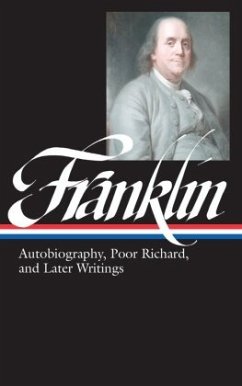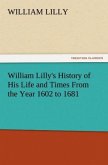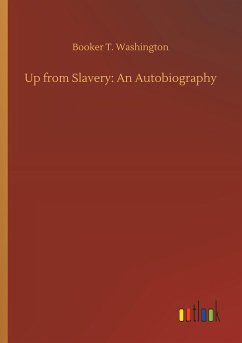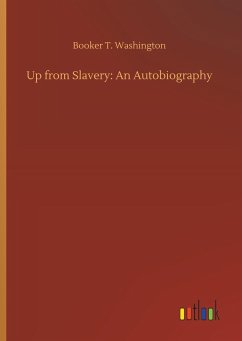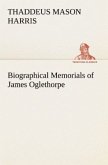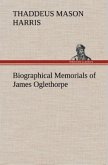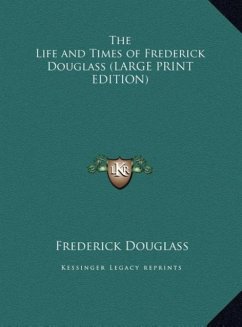"Writing has been of Great Use to me in the Course of my Life," Benjamin Franklin said in his famous Autobiography. With characteristically calculated understatement, he attributed his enormous and varied successes to my having learnt a little to scribble.
This Library of America collection of Franklin s works begins with letters sent from London (1757 1775) describing the events and diplomacy preceding the Revolutionary War. The volume also contains political satires, bagatelles, pamphlets, and letters written in Paris (1776 1785), where he represented the revolutionary United States at the court of Louis XVI, as well as his speeches given in the Constitutional Convention and other works written in Philadelphia (1785 1790), including his last published article, a searing satire against slavery.
Also included are the delightfully shrewd prefaces to Poor Richard s Almanack (1733 1758) and their worldly, pungent maxims that have entered our American culture. Finally, the classic Autobiography, Franklin s last word on his greatest literary creation his own invented personality is presented here in a new edition, completely faithful to Franklin s manuscript.
A companion volume includes the complete Silence Dogood series, Busy-Body essays, and a generous selection of his early writings, including letters to the press, satires, and pamphlets.
LIBRARY OF AMERICA is an independent nonprofit cultural organization founded in 1979 to preserve our nation s literary heritage by publishing, and keeping permanently in print, America s best and most significant writing. The Library of America series includes more than 300 volumes to date, authoritative editions that average 1,000 pages in length, feature cloth covers, sewn bindings, and ribbon markers, and are printed on premium acid-free paper that will last for centuries.
This Library of America collection of Franklin s works begins with letters sent from London (1757 1775) describing the events and diplomacy preceding the Revolutionary War. The volume also contains political satires, bagatelles, pamphlets, and letters written in Paris (1776 1785), where he represented the revolutionary United States at the court of Louis XVI, as well as his speeches given in the Constitutional Convention and other works written in Philadelphia (1785 1790), including his last published article, a searing satire against slavery.
Also included are the delightfully shrewd prefaces to Poor Richard s Almanack (1733 1758) and their worldly, pungent maxims that have entered our American culture. Finally, the classic Autobiography, Franklin s last word on his greatest literary creation his own invented personality is presented here in a new edition, completely faithful to Franklin s manuscript.
A companion volume includes the complete Silence Dogood series, Busy-Body essays, and a generous selection of his early writings, including letters to the press, satires, and pamphlets.
LIBRARY OF AMERICA is an independent nonprofit cultural organization founded in 1979 to preserve our nation s literary heritage by publishing, and keeping permanently in print, America s best and most significant writing. The Library of America series includes more than 300 volumes to date, authoritative editions that average 1,000 pages in length, feature cloth covers, sewn bindings, and ribbon markers, and are printed on premium acid-free paper that will last for centuries.

